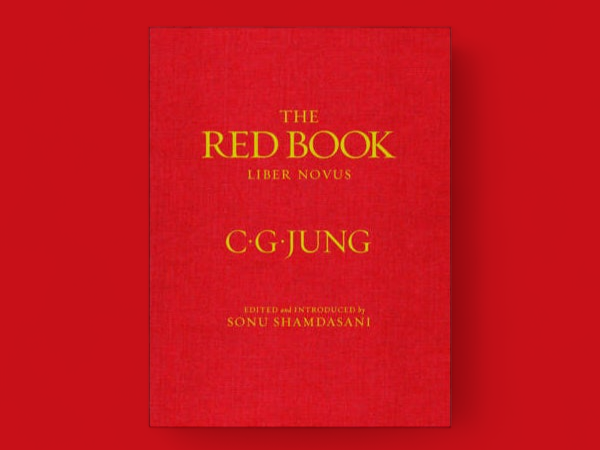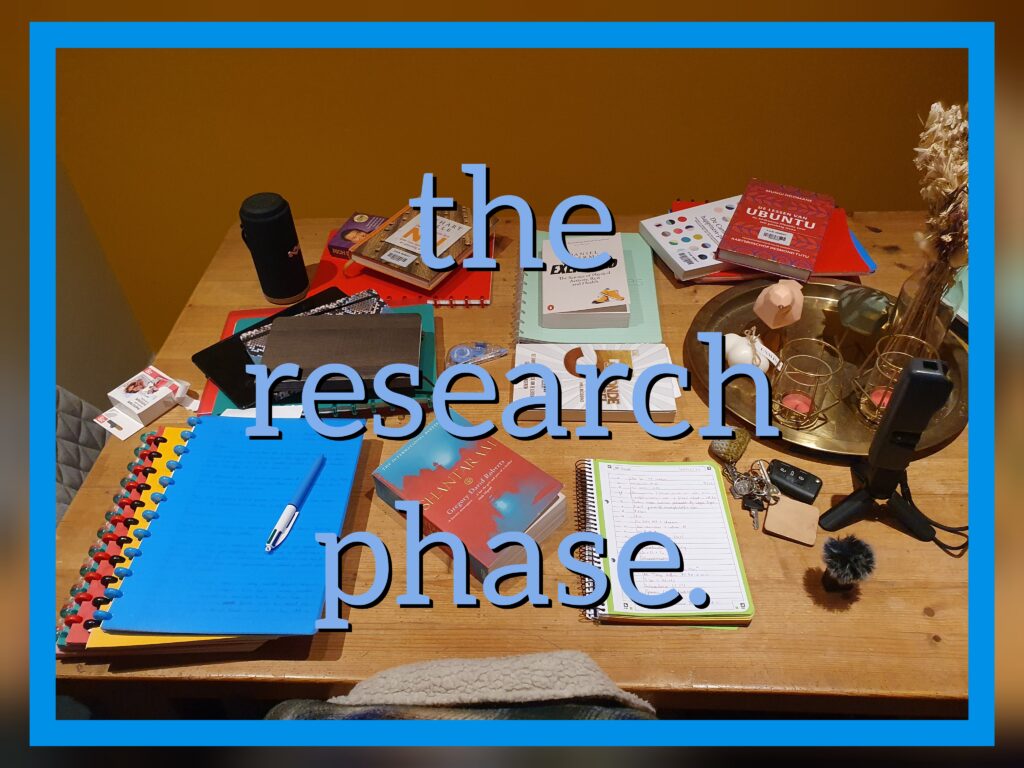Poetic justice, a concept deeply ingrained in human culture and storytelling traditions, is a phenomenon that evokes a profound sense of satisfaction within us. It is the notion of a fitting, moral outcome or retribution earned by a character in a narrative, often mirroring their actions or deeds. From ancient myths to Shakespearean dramas and modern-day films, the allure of poetic justice continues to captivate audiences across generations. In this article, we will explore the reasons why we, as humans, are drawn to poetic justice and its enduring appeal.
One reason behind our love for poetic justice is the sense of closure and satisfaction it provides. In a world where real-life justice is often imperfect, unfair, or elusive, witnessing poetic justice in literature or cinema offers a cathartic release. It allows us to see the deserving triumph, the villain vanquished, and the wrongs righted. This closure satisfies our innate yearning for justice and provides a temporary resolution to the inherent unfairness of life.
Reinforcing the Moral Order
Poetic justice serves as a powerful tool to reinforce societal values and the moral order. It showcases that good actions are rewarded, and evil deeds are rightfully punished. By depicting these moral consequences, it provides a guiding light and reaffirms our belief in fairness and accountability. Through storytelling, poetic justice encourages us to maintain moral behavior, reminding us of the potential consequences of our own actions.
Emotional Empathy
Humans possess a natural propensity for empathy and emotional connections. Poetic justice draws us in by allowing us to emotionally invest in the characters and their narratives. When a character gets their just deserts, we experience a mix of emotions, such as empathy, relief, and vindication. Witnessing good prevail creates a sense of hope and optimism, which contributes to our emotional well-being and satisfaction.

Reflection of Justice in the Real World
Poetic justice often mirrors our own desire for justice in the real world. It reflects the inherent belief that goodness and fairness should prevail. When we witness poetic justice, it strengthens our conviction that, though justice may be delayed or imperfect, it can ultimately triumph over evil. This reflection resonates with our deepest desires for a just society and reinforces our commitment to fight against injustice.
Symbolic Representation
The prevalence of poetic justice throughout history suggests that it serves a deeper symbolic purpose. In many ways, it reflects the balance and harmony sought in the universe. Poetic justice is an embodiment of the universal principle of cause and effect or karma. It reminds us that our actions have consequences and that the universe tends to restore equilibrium in the long run. This symbolism allows us to find solace and meaning in the seemingly chaotic and unjust world we inhabit.

Escapism and Entertainment
While poetic justice often carries deeper moral, emotional, or symbolic significance, it also serves as a form of escapist entertainment. It allows us to immerse ourselves in narratives that transport us to different worlds, where justice is swift and certain. This temporary escape from reality and the opportunity to witness poetic justice unfold can be highly entertaining and enjoyable.
Conclusion
Poetic justice remains a powerful and enduring concept that resonates deeply with human nature. It offers closure, satisfaction, and emotional catharsis, reinforcing the moral order and reflecting our desire for justice in the real world. Through its symbolic representation and ability to provide temporary escape, poetic justice continues to captivate audiences across cultures and generations. As we navigate an often unjust world, the allure of poetic justice serves as a reminder that fairness, accountability, and the triumph of good over evil are not only possible but essential for our collective well-being.




